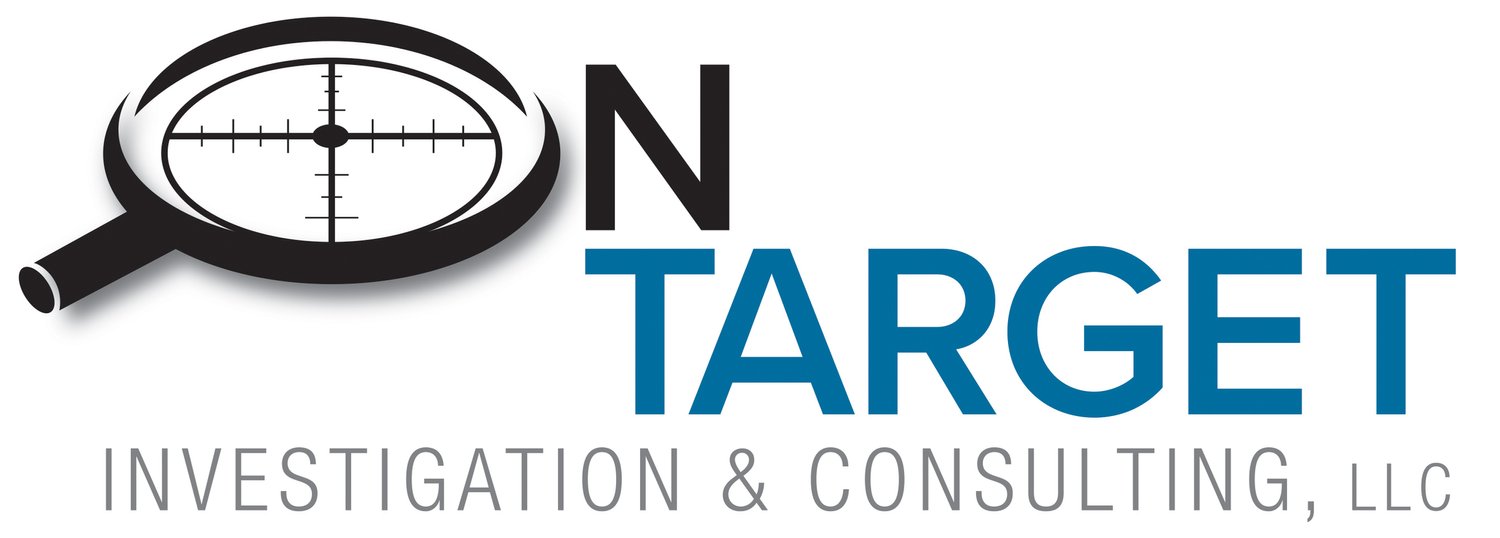What services can a security consultant provide to your small business?
What are the costs of addressing security issues in your small business?
Many small business owners feel they cannot afford to hire a professional to help them identify and address security issues within their organization. In fact, the actual cost of NOT identifying and addressing such issues becomes painfully apparent when these businesses fall victim to the exploitation of security vulnerabilities. These costs rapidly accumulate through various impacts such as: loss of property/inventory, loss of proprietary information, loss of production, damage to property, damage to reputation, or bodily injury or death of staff, customers/clients, or vendors/contractors.
On top of those direct negative impacts, a civil liability action for failing to address security issues may also result in an additional financial burden on the small business. When the negative aspects of NOT addressing security issues are added up, the cost of proactively dealing with them rapidly pales in comparison. As Clint Eastwood (Dirty Harry) famously put it in the 1970’s, “Are you feeling lucky …?”
What types of services can a professional independent security consultant provide to the small business owner?
There is a variety of services that security consultants may offer in order to assist the small business owner in improving security conditions. These include:
Risk/vulnerability assessment
Facility physical security assessment
Business continuity planning
Development of security practices/policies/procedures
Security training
The optimal approach is to utilize all of these services, but the small business owner may choose to address only one or more of them, if budgetary constraints limit what may be accomplished. Doing something is better than doing nothing!
Risk/vulnerability assessment
A security consultant is able to facilitate and guide an organization through this process. It involves active involvement of a representative group of the company’s staff in analyzing internal/external threats to the business. Once these threats are identified, the group further analyzes each of them with regard to probability of occurrence as well as the criticality of its occurrence. This process should identify a prioritized list of threats that may need to be addressed in some way to reduce the impact of risks. There are several ways to mitigate identified risks. This approach produces a risk response tailored to your organization; not a one size fits all solution.
Facility Physical Security Assessment
A security consultant is able to conduct an inspection of the small business facility and evaluate its physical security effectiveness. The consultant may evaluate the strengths and weaknesses in facility physical security. Recommendations for improvement of identified weaknesses may be provided.
Business Continuity Planning
The security consultant may also facilitate business continuity planning. This planning involves preparing the small business to return to operations after an emergency situation has impacted normal operations and the situation has stabilized, but not fully returned to normal. A recent prominent example of the need for business continuity planning has been the COVID-19 pandemic. After the initial onset of the public health emergency, many businesses began to adapt to the situation by implementing practices such as having employees work from home, initiation of protective measures, or implementation of screening processes. Planning for these situations prior to their occurrence allows the small business to resume effective operations more quickly and lessen the negative impacts on their operations.
Development of security practices, policies, and procedures
The risk/vulnerability assessment and the facility physical security assessment may identify needs in this area. A security consultant may guide your organization in developing and implementing sound and effective measures, guided by “best practices.”
Security training
The security consultant may provide training to the staff of a small business in various security concerns which may impact your organization. Some areas of training needs which your organization may require include:
Emergency evacuation procedures
Robbery response
Active armed assailant response
Theft prevention
Medical emergency response
Dealing with hostile customers/clients
This is not an exhaustive list and customized training may be developed to meet the specific needs of your organization.
What security needs does your organization need to address?
Now that you have some familiarity with needs that may be addressed with the assistance of a professional security consultant, ask yourself what needs your small business should address. Don’t be caught flat-footed and in a dire position when the next emergency or life-threatening situation shows up at your business. Take action now to prepare for more favorable outcomes!
CONTACT US today to help with your security consulting needs!

